On July 12, in Hanoi, the Ministry of Education and Training worked with the National Assembly's Committee on Culture and Society on the draft Law on Higher Education (amended) and the Law on Vocational Education (amended). Chairman of the National Assembly's Committee on Culture and Society Nguyen Dac Vinh and Minister of Education and Training Nguyen Kim Son chaired the meeting.
Enhance technology application
Implementing the National Assembly's 2025 legislative program, the Ministry of Education and Training has completed the process of drafting the Law on Higher Education (amended) and the Law on Vocational Education (amended), submitting them to the Government for approval at the Special Session on Lawmaking on June 21, 2025.
In accordance with the process of drafting the law, the Ministry of Education and Training has drafted the Law on Higher Education (amended) and the Law on Vocational Education (amended). In the past time, the Ministry has organized seminars, sought opinions from experts and educational institutions, as well as consulted and collected opinions from scientists in working sessions with subcommittees of the National Council for Education and Human Resources Development.
To ensure eligibility to submit to the National Assembly Standing Committee in August 2025, the Ministry of Education and Training organized a meeting to solicit opinions from delegates, lecturers, and experts of the Committee on Culture and Education, to prepare documents for submission to the Ministry of Justice for appraisal.
Speaking at the meeting, Deputy Minister of Education and Training Hoang Minh Son affirmed that the development of the Law on Higher Education (amended) and the Law on Vocational Education (amended) strictly followed the new policies on law-making, ensuring consistency and long-term sustainability. At the same time, the Law also inherited the contents from related laws such as the Law on Education and the Law on Science and Technology, avoiding overlap and duplication.
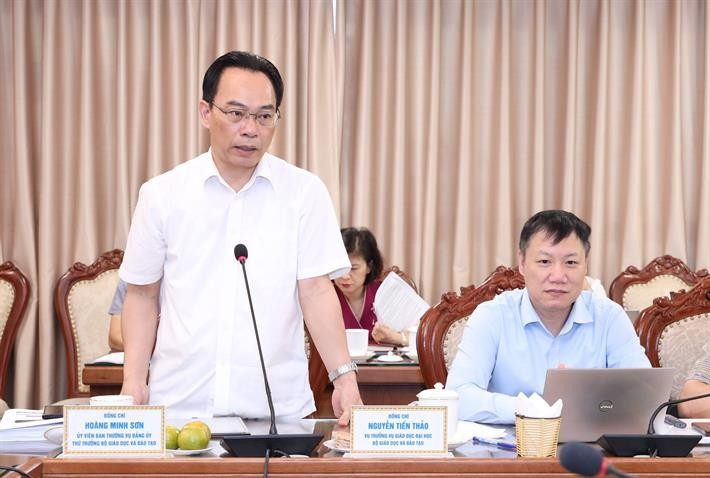
With the Law on Higher Education (amended), the Deputy Minister said that the major policies of the Party and State have been clearly institutionalized. The policies in the Law have also been concretized, emphasizing the role of higher education in developing high-quality human resources, associated with science, technology and innovation.
In State management, the Law aims to increase the application of technology, databases and online management systems for monitoring, while minimizing time and licensing procedures.
Regarding quality assessment, the new Law adjusts the regulations in the direction that the assessment of facilities is still mandatory, but the assessment of programs will be selective and focused. Special fields such as medicine, teaching, and law will be required to be assessed, while the rest will be assigned to the Minister for specific regulations. This helps reduce pressure and costs for schools, when there are currently about 5,000 university training programs.
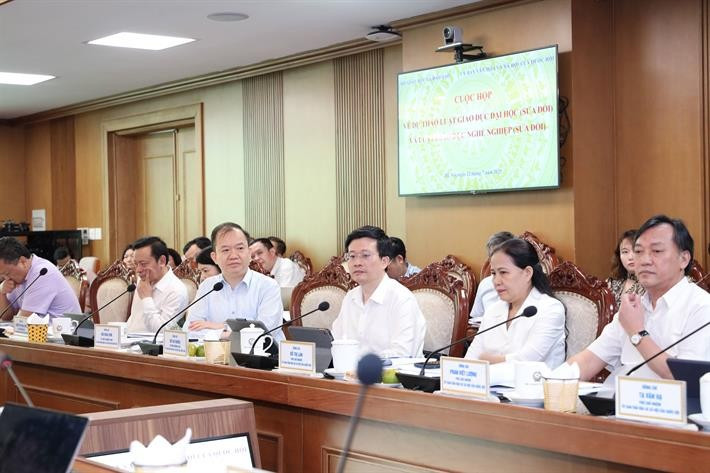
The draft also provides more detailed regulations on the titles of professor and associate professor, instead of just briefly stating them as in the old law. At the same time, the law also focuses on developing foreign lecturers, creating favorable conditions for universities to expand international cooperation, attract domestic and foreign experts, and meet the requirements of global educational integration.
Regarding the Law on Vocational Education (amended), Deputy Minister Hoang Minh Son said that the inclusion of the vocational secondary school model in the draft Law has received much support from experts in many seminars and discussions to gather opinions. This is a model that can help effectively solve problems in training specific majors, including the arts. However, the operation of the program needs to be integrated in a reasonable way and have a specific implementation roadmap.
Creating a legal corridor suitable for development needs
Giving comments at the working session on the two draft laws, Chairman of the National Assembly's Committee on Culture and Society Nguyen Dac Vinh emphasized the flexibility in training organization models and the need to design a legal framework suitable to reality.
Mr. Nguyen Dac Vinh proposed studying a more flexible training licensing mechanism, allowing qualified educational institutions to train at many levels, contributing to better meeting local human resource needs and avoiding wasting resources.
Regarding vocational education, Mr. Vinh recommended that there should be a clear distinction between types of degree training (college, intermediate, elementary) and short-term vocational training programs and certificates in order to have appropriate management methods.
At the same time, it emphasizes the important role of businesses in coordinating with educational institutions to improve training quality and closely link with actual labor needs.
Regarding higher education, Mr. Vinh proposed that there should be regulations for the Ministry of Education and Training to directly manage a number of specific training fields such as medicine, pedagogy and law, and at the same time recommended having a legal corridor to implement policies to support doctoral training such as: free tuition, granting scholarships, to improve the quality of high-level human resources. He also supported reviewing and evaluating the credit-based training model to make appropriate adjustments in the coming time.
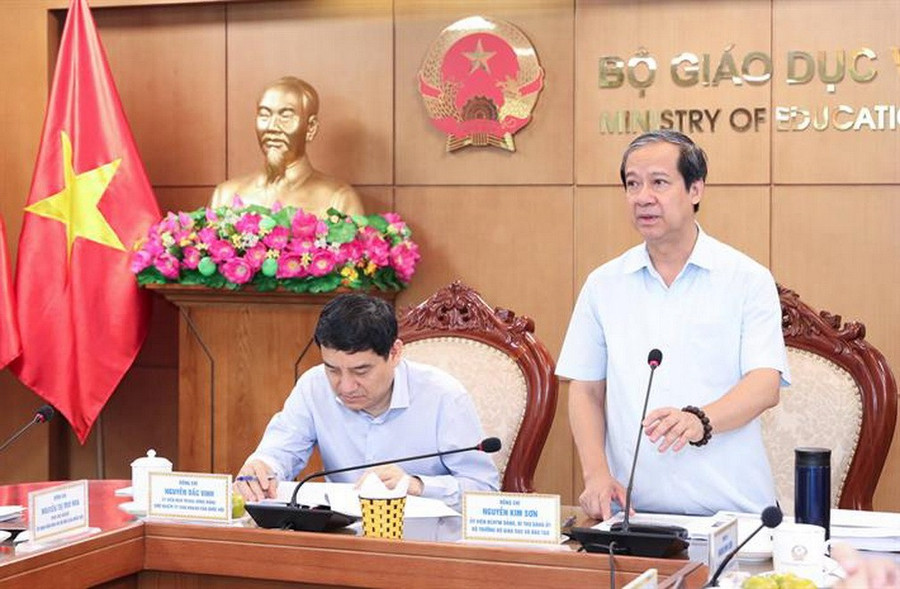
Thanking the opinions and suggestions of the National Assembly's Committee on Culture and Society, Minister Nguyen Kim Son emphasized that submitting two draft laws at the same time is an opportunity to review, compare and perfect them synchronously.
The Minister proposed to add major principles in the Law so that when the guiding decree is issued, these principles will not be changed, ensuring consistency. The review of all regulations related to the rights of autonomous units is also required to be strictly implemented.
The Minister emphasized that the Law needs to ensure two goals: strengthening the orientation to serve the national strategy on human resources and science and technology, while still maximizing the creativity and initiative of educational institutions, scientists and lecturers. The model of clear role division between public and non-public schools, between market and command, is also an orientation that needs to be institutionalized in this law revision.
Source: https://giaoducthoidai.vn/phan-dinh-ro-giua-cac-loai-hinh-dao-tao-cap-bang-post739508.html








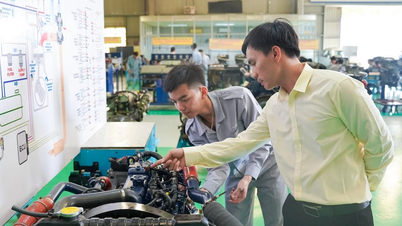
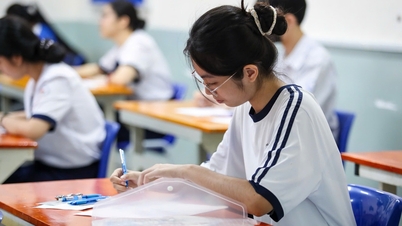

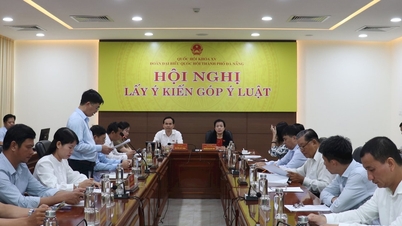

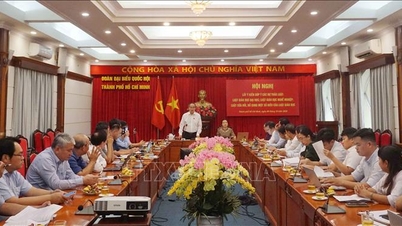

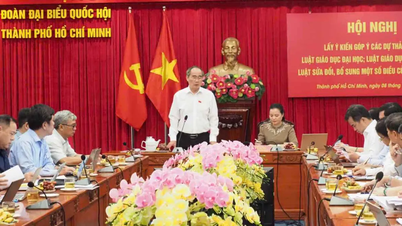

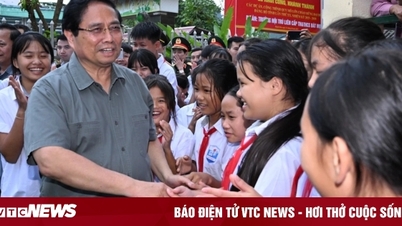

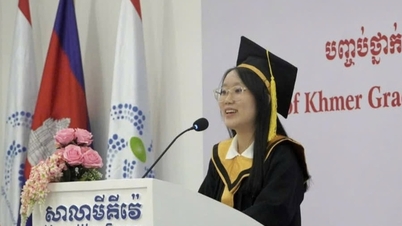
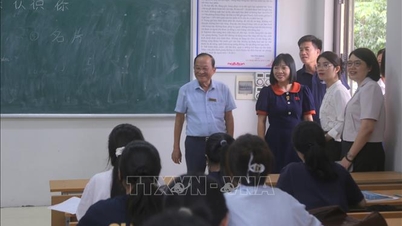
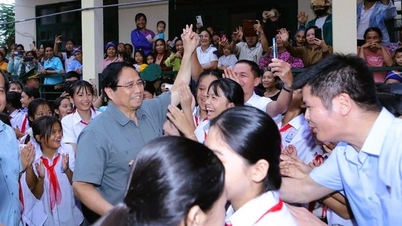

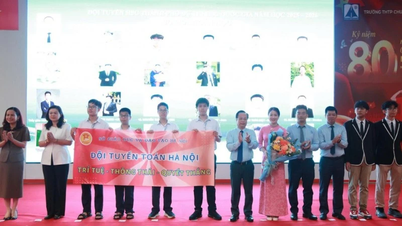

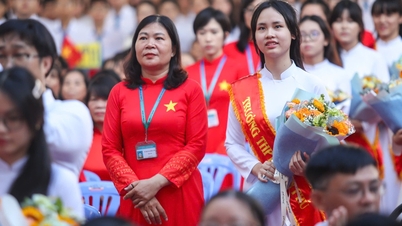




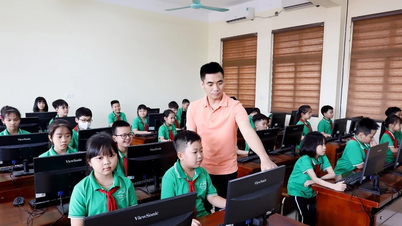
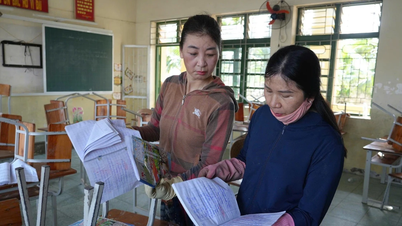

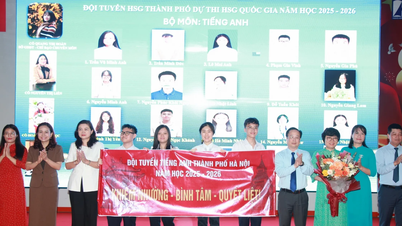
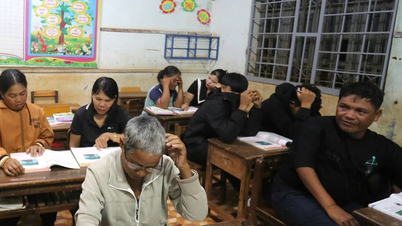
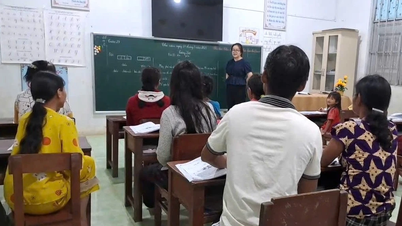











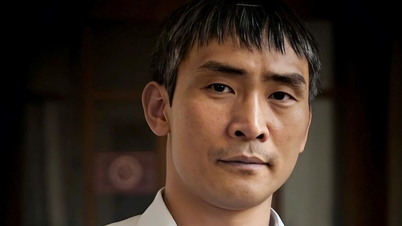

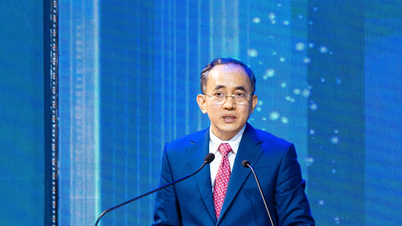





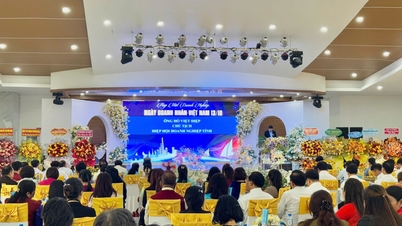

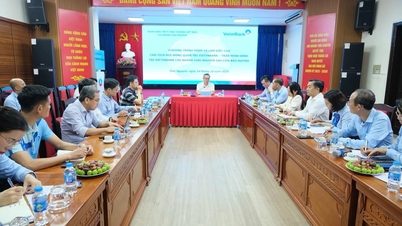










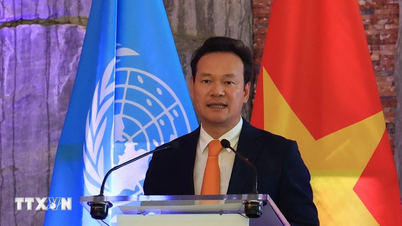


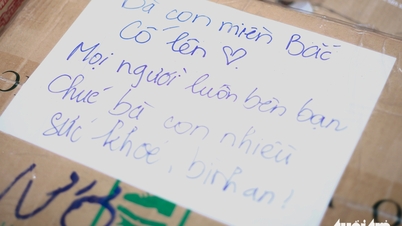

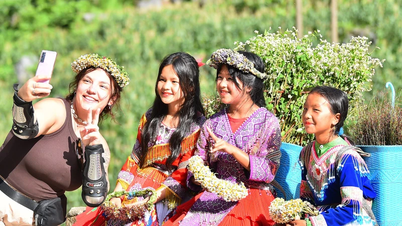



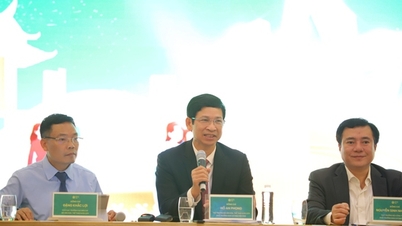

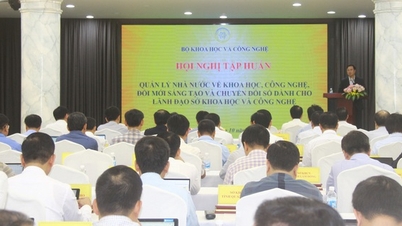



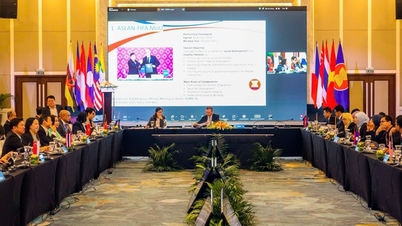
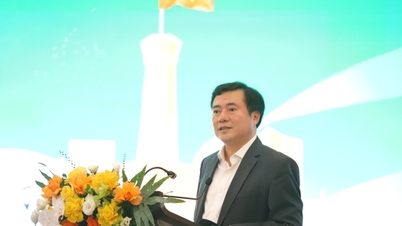




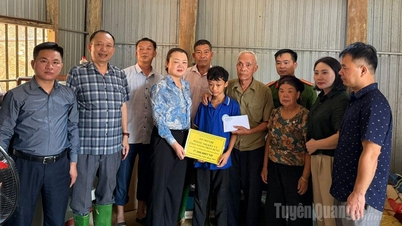



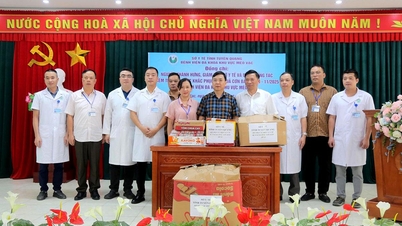















Comment (0)